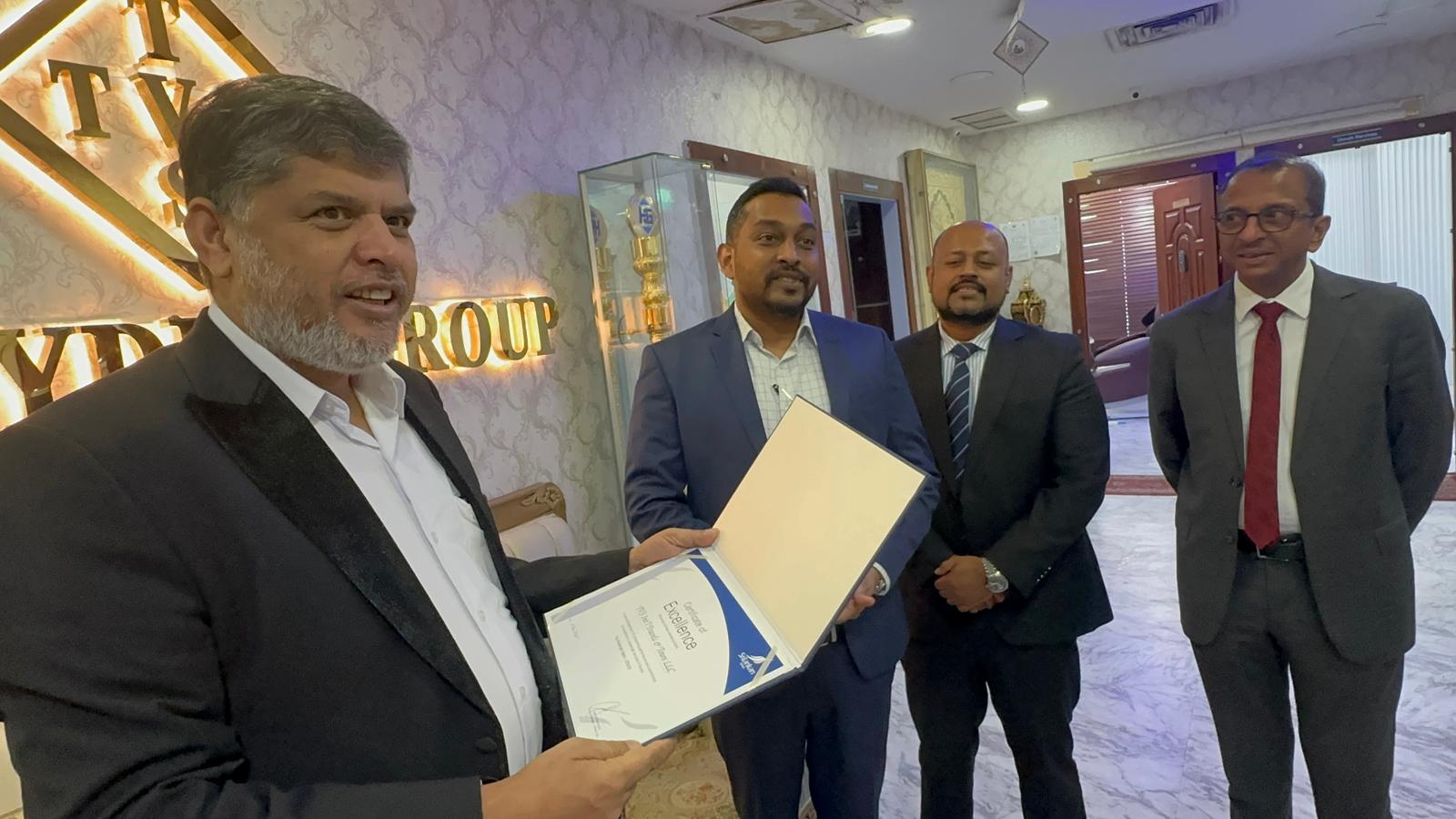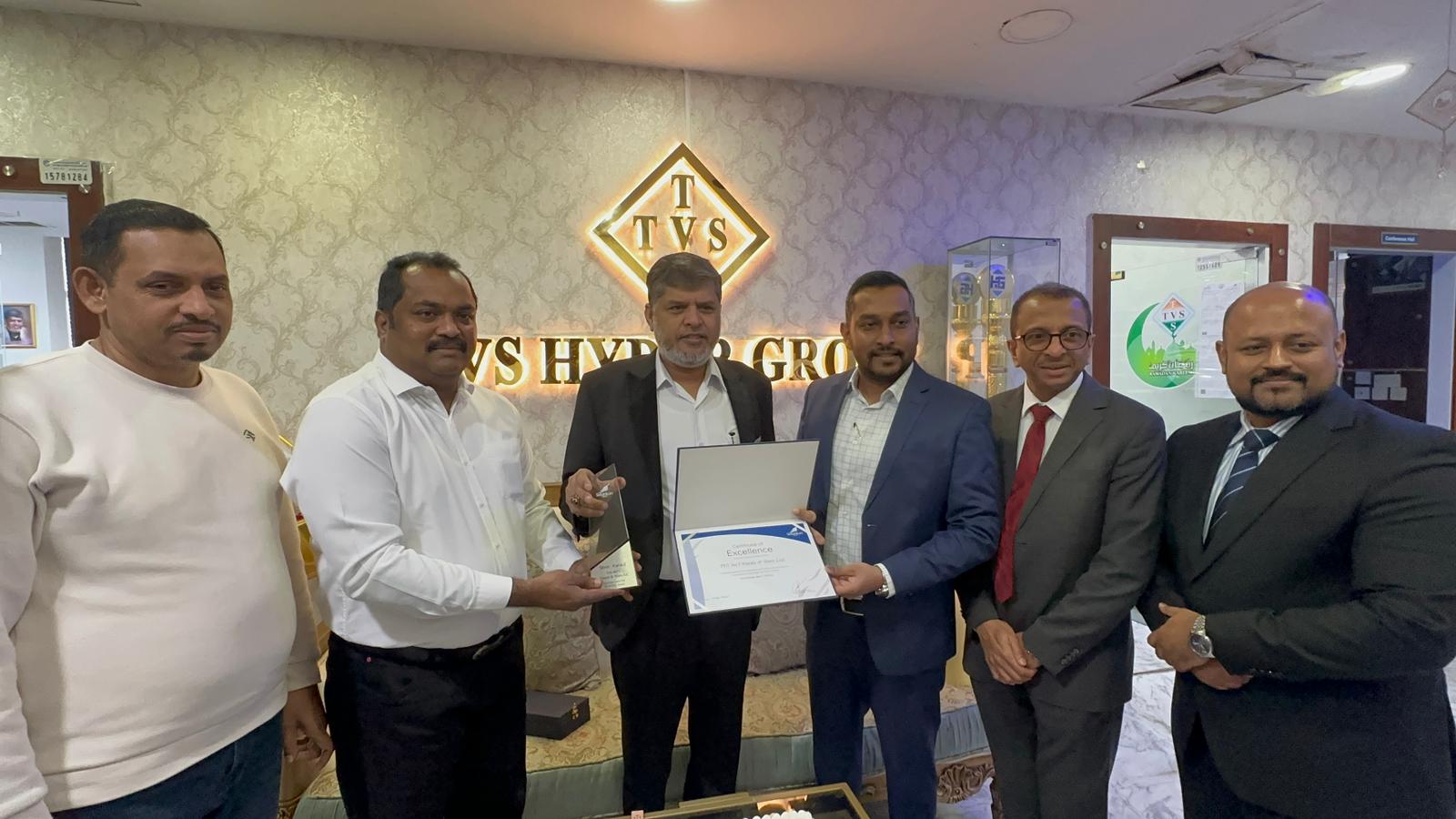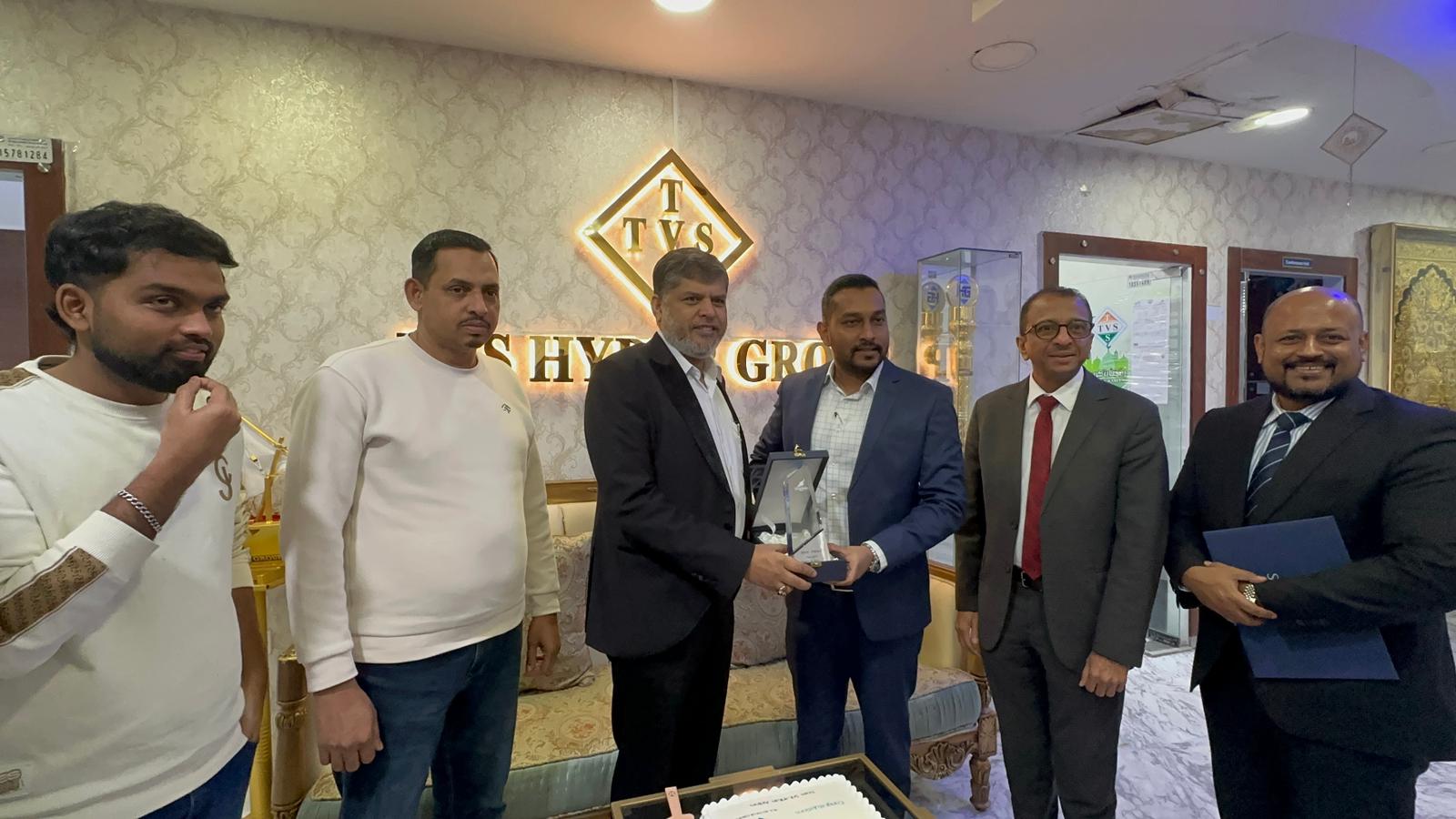The Middle East is witnessing a remarkable surge in artificial intelligence (AI) adoption, outpacing global averages in both usage and workforce upskilling. Driven by government mandates, corporate digital transformation, and a tech-savvy workforce, AI is increasingly shaping productivity, creativity, and economic growth across the region.
According to a recent PwC survey, nearly 75% of employees in the Middle East used AI tools in their work over the past year, compared with a global average of 69%. Generative AI (GenAI) tools are also gaining traction, with 32% of the regional workforce using them daily, surpassing the 28% global average.
The UAE has seen the fastest growth, with AI usage among professionals rising from 56% to 80% within a year, second only to India.
PwC estimates that AI could contribute US$320 billion to the Middle East economy by 2030, with the UAE and Saudi Arabia expected to lead the potential GDP impact. Employees report significant benefits: around 8 in 10 say AI has boosted their productivity, enhanced work quality, and increased creativity.
Additionally, 69% of employees have acquired new skills in the past year, while 81% prefer roles offering transferable skill development.
The rise of AI is also reshaping the job landscape. While some routine and entry-level roles face automation risks, new opportunities are emerging in AI strategy, ethics, and innovation management.
The traditional notion of job security is shifting; 85% of employees now link stability to adaptability and technological fluency. Challenges remain, including leadership readiness, data privacy concerns, and potential skill erosion if AI outputs are used without verification.
Governments and industry leaders are actively promoting AI adoption.
The UAE and Saudi Arabia are embedding AI into national strategies, such as UAE Vision 2031, establishing specialized institutions like the Mohamed bin Zayed University of Artificial Intelligence (MBZUAI), and integrating AI into public services—the UAE’s HR AI Agent now automates 80% of self-service HR transactions.
Corporates, including Saudi Aramco and G42, are investing in proprietary AI models and data centers, supporting hybrid human-AI teams and workforce training at scale.
As the Middle East positions itself as a global AI hub, employees and organizations alike are embracing innovation while navigating the challenges of a rapidly evolving digital landscape.
Meanwhile, reports show global investment activity in data centers surged to a record high in November, fueled by soaring demand for computing infrastructure needed to support the rapid expansion of artificial intelligence technologies.
According to data from S&P Global Market Intelligence, more than 100 data center transactions were completed during the month, with a combined value of nearly $61 billion. The deals included mergers and acquisitions, asset sales, and equity investments, underscoring strong investor confidence in the sector.
Interest in data centers has accelerated throughout the year as major technology firms and AI-focused companies commit billions of dollars to expand their digital infrastructure. These investments are seen as critical to meeting the growing needs of AI models, cloud computing, and data-intensive applications.
By the end of November, total global investments in data centers had already exceeded $60.81 billion, surpassing the previous annual record set in 2024.
In North America alone, the cumulative value of data center deals in the United States and Canada since 2019 has reached approximately $160 billion. The Asia-Pacific region recorded around $40 billion, while Europe accounted for about $24.2 billion over the same period.
AI-related companies have been a key driver behind the strong performance of US stock markets this year. However, analysts have also raised concerns about high valuations and the growing reliance on debt-financed spending, questioning how quickly companies will be able to convert massive infrastructure investments into sustainable profits.







